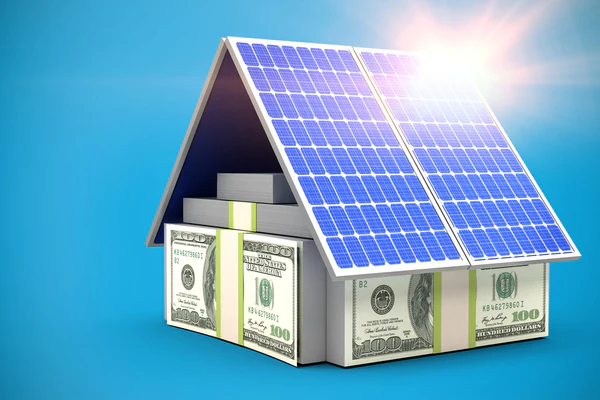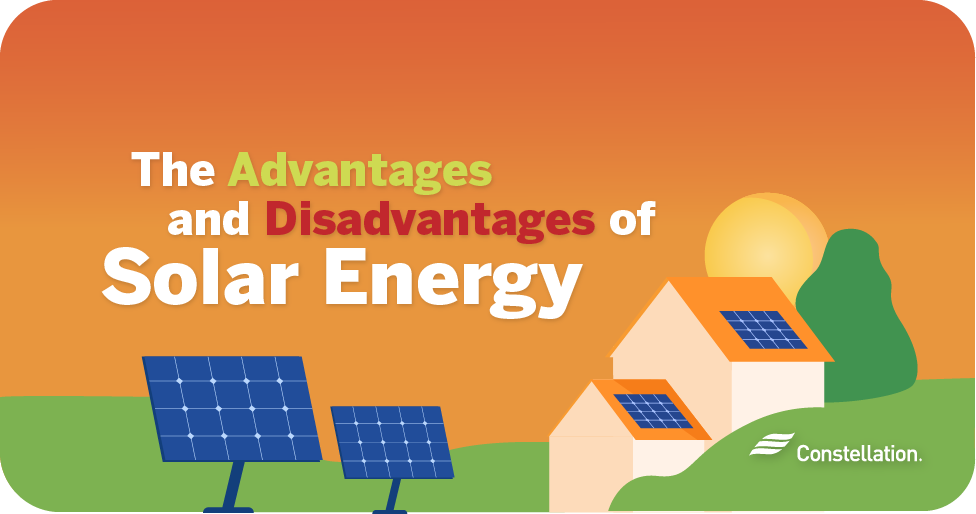Exactly How Solar Energy Can Aid You Conserve Money and Reduce Your Carbon Impact
The assimilation of solar power right into your energy profile provides a compelling possibility for both economic cost savings and ecological stewardship. As different federal government rewards become readily available, the question emerges: exactly how can one effectively navigate the first investments and continuous benefits of solar innovation to make best use of both economic and environmental gains?
Understanding Solar Energy Savings
While the shift to solar power frequently includes a preliminary financial investment, recognizing solar power cost savings is important for house owners and companies alike. Solar power systems can significantly reduce electrical energy bills by using the sunlight's energy, converting into significant long-lasting financial advantages.
In addition, solar energy systems may receive different economic motivations, including tax credit scores and rebates, better enhancing their cost-effectiveness. The schedule of net metering enables customers to market excess energy back to the grid, producing an additional income stream. These aspects contribute to the general financial savings connected with solar power.

Along with guide monetary financial savings, solar power uses the included advantage of enhancing building value. Residences equipped with photovoltaic panels are usually more appealing to buyers, as they assure lower energy costs - Simply Solar Illinois. Comprehending these components is essential for any person thinking about solar power, as it highlights not simply the prospective monetary gains, however likewise the broader ecological and economic benefits of taking on sustainable power solutions
First Expenses vs. Long-Term Perks
When assessing solar power, it is important to consider the initial prices against the lasting benefits. The upfront investment for solar panels, installation, and associated devices can be significant, frequently varying from $15,000 to $30,000, depending upon the system dimension and home energy demands. This preliminary expense may deter some property owners; however, it is critical to think about the possible cost savings in time.
Once set up, solar energy systems can dramatically decrease and even eliminate month-to-month electrical power bills, bring about considerable long-lasting financial benefits. Researches show that property owners can conserve anywhere from $10,000 to $30,000 over the life-span of their planetary system, usually 25 years. In addition, many states use motivations, tax obligation credit scores, and rebates that can balance out first prices, making solar a lot more available.

Reducing Your Carbon Footprint
Minimizing your carbon impact is a crucial factor to consider in today's ecologically conscious society, and adopting solar energy is among the most effective strategies to achieve this goal. Solar power is a clean, renewable source that substantially diminishes reliance on nonrenewable fuel sources, which are significant factors to greenhouse gas exhausts.

In addition, the prevalent fostering of solar innovation encourages the development of green jobs and supports technologies in power storage and performance. The more individuals and organizations purchase solar power, the better the collective reduction in carbon exhausts, cultivating a cleaner environment for future generations.
Federal Government Rewards and Rebates
Embracing solar energy not only benefits the setting but can additionally cause considerable monetary cost savings, particularly with the accessibility of government rewards and refunds. Various government, state, and neighborhood programs are developed to encourage house owners and services to purchase solar power systems, making the change much more inexpensive.
Among the most famous motivations is the Federal Financial Investment Tax Obligation Credit History (ITC), which enables planetary system owners to deduct a considerable percentage of the installation prices from their federal tax obligations. This incentive has actually been essential in lowering the in advance expenditures linked with solar power systems. Additionally, several states use their own tax credit ratings, gives, and refunds that can additionally improve financial savings.
Moreover, some city governments supply real estate tax exemptions for solar installments, making certain that house owners do not encounter enhanced building tax obligations as a result of their renewable resource financial investments. Utility companies may likewise supply motivations, consisting of web metering and feed-in tariffs, which enable solar power users to market excess power back to the grid.
Choosing the Right Solar System
Selecting the appropriate solar system is critical for click to investigate maximizing power efficiency and monetary advantages. The decision pivots on numerous aspects, consisting of power demands, spending plan, and available area. go to this web-site Home owners need to start by analyzing their electrical power usage to identify the system size needed for ideal efficiency.
Next, consider the various types of solar innovations offered. Simply Solar Illinois. Photovoltaic (PV) panels are one of the most typical, transforming sunshine straight right into electricity, while solar thermal systems concentrate on home heating water. Each type has distinctive benefits relying on individual requirements
Budget plan considerations are also vital. Preliminary installation prices can vary considerably, so it is very important to contrast quotes from several carriers and discover financing options. Federal government rewards and refunds can better reduce the economic problem, making planetary systems a lot more easily accessible.
Final Thought
In recap, solar power provides a sensible solution for accomplishing considerable expense savings while all at once minimizing carbon exhausts. The initial financial investment, though substantial, yields significant long-lasting monetary benefits, with potential financial savings varying from $10,000 to $30,000 over 25 years. The ecological advantages of solar energy contribute to lasting techniques important for combating environment change. Federal government incentives enhance the feasibility of solar innovation adoption, urging a transition in the direction of a cleaner, much more economically effective energy resource.